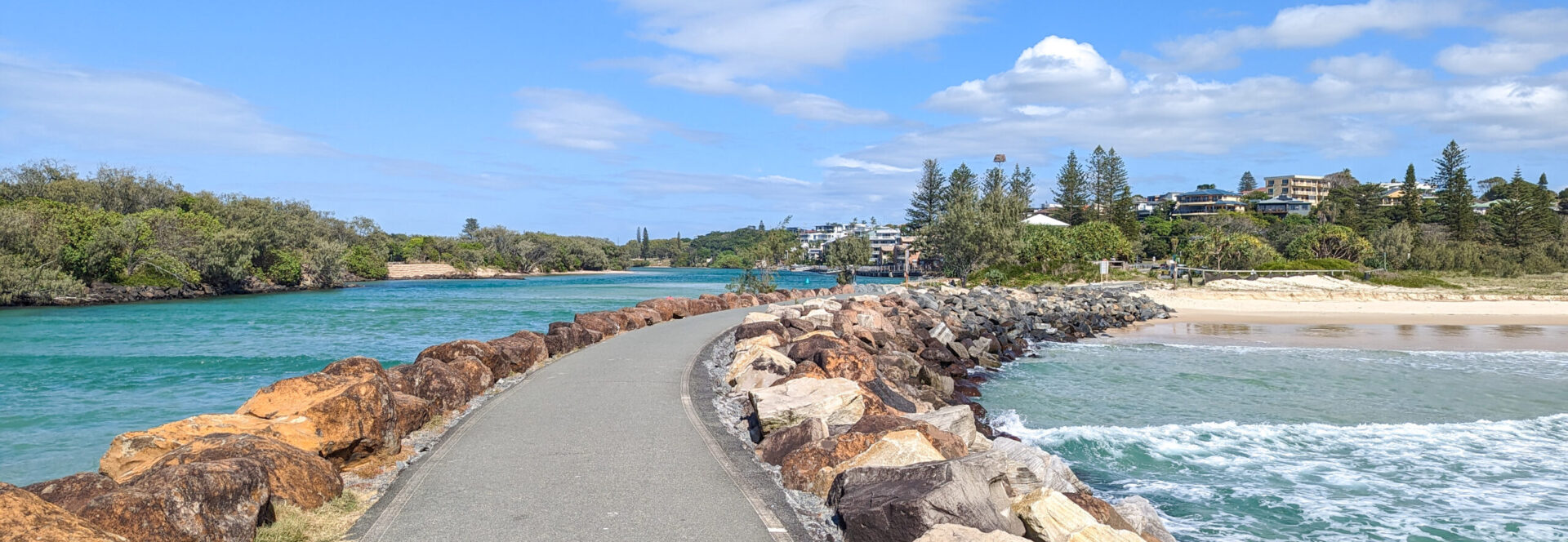Journeying through the Hoi Ans countryside and other regions in Vietnam, you may come across some peculiar structures. Windowless rectangular buildings with tiny holes.

Swallow Nest Farms
These buildings are Swallow Houses, an integral part of a practice known as Swallow Nest Farming. The buildings house the precious swallow nests. In here farmers carefully tend to the nests, ensuring optimal conditions for swiftlets to thrive and produce high-quality edible nests. The delicate harvesting process requires skill and patience. Gathering the nest without disturbing the birds or damaging their habitats.

Swallows/ Swiftlets
Swiftlets are small birds, known for their acrobatic flight patterns. They play the main role in swallow Nest Farming.
Nesting Process
The tiny birds build their nests using their saliva. The saliva hardens into a gelatinous texture, known as Edible Birds Nest.
The Value Of Edible Birds Nest
Edible Birds Nest is harvested multiple times per year fetching a high price in global markets. Especially sought after for its use in traditional Chinese medicine and cuisine.
Swallow Nest Farming In Vietnamese Culture
Swallow nest farming has deep roots in Vietnamese culture. The tradition dates back centuries, when it was reserved for royals and nobles. Nowadays, the practice is a source of income for local communities. It provides a livelihoods for farmers and attract curious visitors keen to learn about the ancient tradition.

Travel Advisory: Edible Bird Nest
If you’re planning to visit a swallow nest farm in Vietnam, remember to respect the farmers and the natural environment. Some Swallow Nest Farms offer guided tours where you can learn about the farming process or sample swallow nest products. Some countries, like Indonesia and Australia, prohibit the export of bird nests. As a responsible traveler, be mindful of local and international laws and customs surrounding this practice
Exploring the world of Swallow Nest Farming in Vietnam is a journey into the heart of an ancient tradition. A unique blend of nature, culture and commerce.
Discover more from Ports In Paradise
Subscribe to get the latest posts sent to your email.


